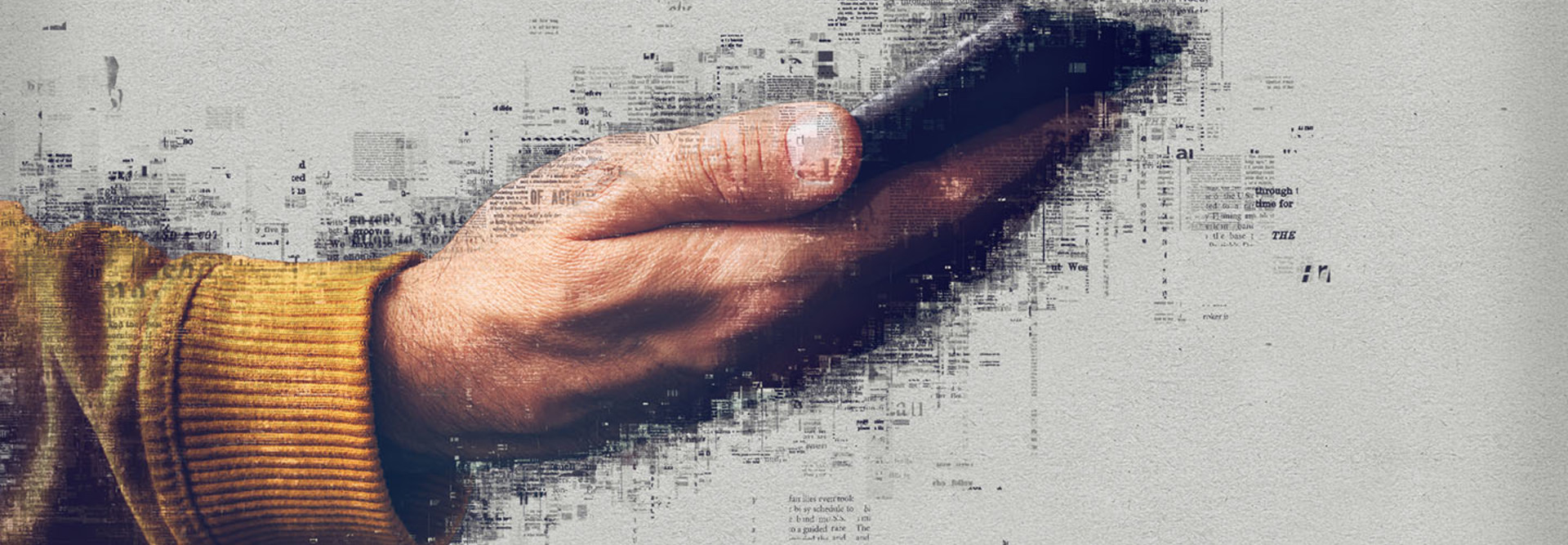How States and Cities Can Digitally Connect with Citizens to Stay Competitive
By 2030, the United Nations projects that two-thirds of the global population will live in cities. With this in mind, governments must start building the infrastructure in their cities and states to attract productive businesses and their workers, its citizens.
Amazon’s recent search for a second U.S. headquarters location is a good example of how cities need to evolve in order to remain competitive locations for new business. Government leaders can use technology to act as networkers and create direct change in areas where citizens are being vocal on social media, for example. The local governments that offer the best technologies and amenities for their inhabitants have a better chance of achieving economic success.
Behind prosperous and growing cities, there are government leaders working hard to implement new technologies, such as the Internet of Things, artificial intelligence, machine learning and blockchain. Collectively, these technologies create strong education systems and connected communities that improve the experience for citizens. Here are a few examples of how digital connectivity is serving citizens and benefiting the overall well-being of communities.
SIGN UP: Get more news from the StateTech newsletter in your inbox every two weeks
Montreal Taps IoT to Personalize Transportation
Through technology, government leaders and IT teams have the opportunity to connect with their citizens and better understand the needs of their community. For example, by investing in the Internet of Things, a local government can help create easier commutes for citizens and faster modes of transportation, as the technology enables updates to infrastructure and traffic.
Cities around the globe are already embracing IoT adoption for the greater good of their citizens. In 2013, Montreal, for example, recognized a need to better connect its city’s public transportation system for its 1.2 million daily riders. To remedy this, the city’s transportation authority, the Societe de Transport de Montreal, launched a loyalty program through a smartphone app to better communicate information, such as schedule changes, and to deliver personalized services to riders.
The more often riders used the app, the more rewards they received, such as free coffee or discounts at their favorite stores, incentivizing citizens to download and use the app. In turn, the transportation authority also benefited, by receiving a window into ridership and tapping into the ability to more accurately forecast demand.
Delaware and Illinois Target Efficiency with Blockchain Pilots
Artificial intelligence and machine learning are ideal for governments looking to automate business processes by decreasing the number of paper documents and increasing the use of digital solutions for citizens.
Through the combination of chatbots and blockchain, which allows citizens fast access to their records, it’s possible to decrease traditional bureaucratic wait times significantly. Blockchain can also enable governments to move data to the cloud in a secure way. Success with blockchain is exemplified by Delaware and Illinois, where state agencies have begun using blockchain records and smart contracts to store government documents and citizen data via pilot projects.
Should blockchain use scale out to larger use cases, the technology can serve as a fast and transparent platform for multiple parties to access information.
Tech-Focused Higher Education, Healthcare Helps Cities Thrive
The contribution of education and healthcare access to a citizens’ life shouldn’t be discounted. If a state or city can offer top-tier universities, they’ll naturally attract students from around the world who are eager to learn. But what allows these universities to stand out? Technology can play a huge role.
According to The New Media Consortium, students spend 3.5 hours a day on their mobile phones on campus. Moving education to digital platforms provides an opportunity to tailor curriculum for students through interactive models, allowing them to stay engaged and better interact with peers and teachers. These technologies also offer real-time data on academic performance.
Advances in education are directly impacting the greater good through developments in healthcare. Researchers at Heidelberg University Hospital in Germany are digitizing cervical cancer screenings in Kenya to better analyze the data of patients. With smart technologies, the hospital is able to more quickly diagnose patients and provide treatments.
The Need for Cities to Implement Innovation
By learning from the successes of other cities and states, governments can identify which technologies will best suit their citizens’ needs. And with cities expected to see continuous population spikes, tech innovation can help local governments prepare for an increased number of citizens.
To stay competitive, governments should consider implementing technologies such as IoT, AI, machine learning and blockchain to improve their processes and capabilities. With these advanced technologies, governments can make the move to improve citizens’ everyday lives through increased government efficiency and greater access to public resources.









